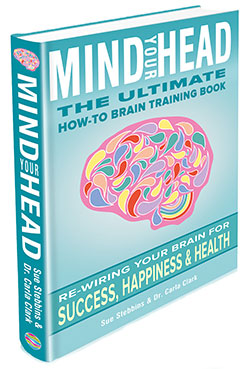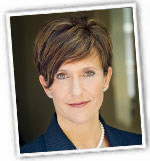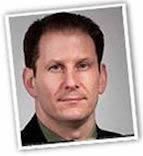Navigating the Road to Excellence
Sue Stebbins
Page 1
 |
The world is fascinated by those who excel in any profession or field. We have all gazed on in great admiration as we’ve watched a skater or an artist perform. Think about the last time you relished the amazing sounds of Yo-Yo Ma on the cello or thrilled at the downhill skiing of Olympic medalist, Bode Miller.
The world is intrigued by excellence in any field. In the past, the accepted belief was that those who excel in their profession or field of study were simply “born with it”. However, the latest research proves that this assumption is wrong. Today’s science is proving that anyone can acquire excellent skills simply through intense training and practice, and by believing in their abilities.
This offers hope to those of us who may have never excelled at much. Research proves that we can acquire the skills and knowledge to become exceptional in a given arena. Those who have excelled in a profession give us clues as to the road they traveled to achieve their success. By utilizing deliberate practice from an early age, these professionals were able to develop skills way beyond their natural ability.
Olympic swimmer, Michael Phelps, who has won sixteen Olympic medals, reveals that he began swimming at the age of seven. By the age of ten, he held a national record for his age group. At the age of 15, he was the youngest male to make a U.S. Olympic swim team in 68 years.
As a boy, Michael wanted to be a football player or a golfer, but both his sisters were swimmers and his mother would take him even as a baby to watch his sisters. When one of Michael’s sisters received news that she had a herniated disk and would not be able to compete anymore, Phelps suddenly decided to take up where his sister had left off and become great, as a tribute to her hard work.
This desire, fueled with his practice sessions, led Phelps to win Gold and Silver Medals in swimming. Each week he would work out for many hours, striving to become the very best. The two motivating factors in his success were a strong desire to please a family member and a commitment to intense practice each week.
This, then, leads us to the question: Can anyone become a Michael Phelps? We could discuss his size. Phelps is tall with long arms and legs and big hands. While these physical attributes may well have contributed to his success, we have only to look at basketball player, Nate Robinson, who is only 5’9” tall. To what can we attribute the success of this athlete? Robinson holds the record of being the NBA’s first three-time slam-dunk champion.
How can someone of short stature achieve such greatness in a sport where the average player is 6’7” tall and height is almost a requirement?
The answer is two-fold: deliberate practice, and the ability to think beyond your limits. As humans, when we believe we can’t do something, we rarely do it. Our eyes search the sport of basketball and tell our brain that a short man cannot succeed in this sport. In Robinson’s case, it is obvious that he refused to listen to what common sense and popular opinion told him. Instead, he said to himself, “Yes, I can!” and then he backed up the assertion with a great deal of practice and hard work.
Though humans possess such a great potential, they rarely achieve the brilliance of which they are capable. Instead, the majority dwell in mediocrity for most of their lives. When we can understand why some of us excel and some don’t, perhaps we will find the key to motivating more of our species to achieve the greatness that lies dormant within each of us.






